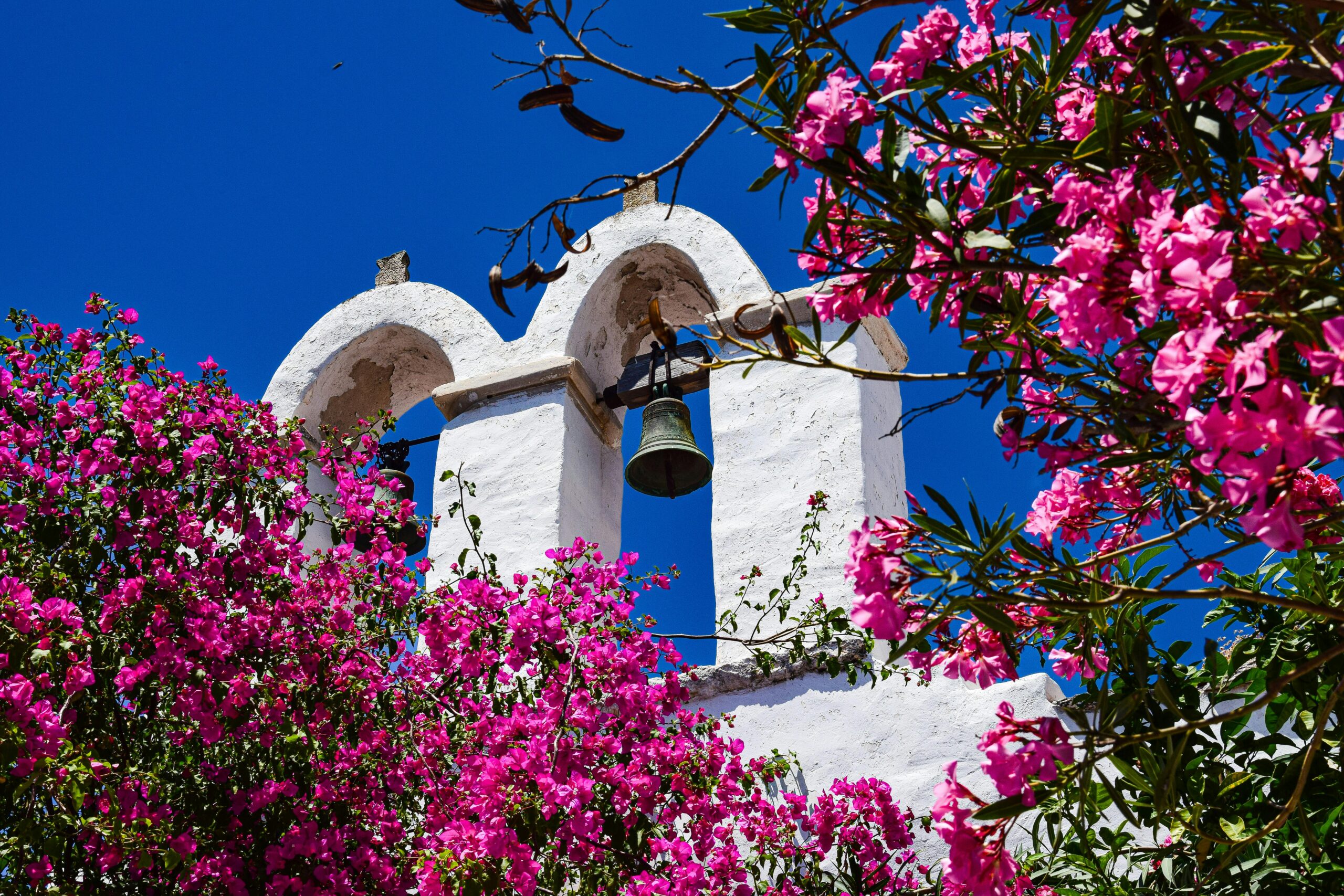Greece
Greece, a country in southeastern Europe located on the southern end of the Balkan Peninsula, is renowned for its profound historical legacy, stunning landscapes, and vibrant culture. With a population of approximately 10.5 million, Greece is bordered by Albania, North Macedonia, Bulgaria, and Turkey, and is surrounded by the Aegean Sea to the east, the Ionian Sea to the west, and the Mediterranean Sea to the south.
Historical Background
Greece is often regarded as the cradle of Western civilization, with a history that stretches back thousands of years. The Ancient Greeks made groundbreaking contributions to philosophy, democracy, art, and science. The classical period, which began in the 5th century BC, saw the rise of city-states such as Athens and Sparta. Athens was a center of intellectual and cultural development, producing figures like Socrates, Plato, and Aristotle, whose ideas laid the foundation for Western philosophy and science.
The Hellenistic period, following the conquests of Alexander the Great, spread Greek culture across the Mediterranean and into Asia, creating a vast empire that influenced many regions. After the decline of the Hellenistic kingdoms, Greece became part of the Roman Empire, and later the Byzantine Empire, with Constantinople (modern-day Istanbul) as its capital.
The fall of Constantinople to the Ottoman Turks in 1453 marked the beginning of a lengthy period of Ottoman rule in Greece. Greek independence was achieved in 1829 after a successful war of independence, leading to the establishment of the modern Greek state. The 20th century saw Greece experience political turmoil, including World War II, a civil war, and military dictatorship, before transitioning to a democratic republic in 1974.
Cultural Heritage and Arts
Greece’s cultural heritage is a blend of its ancient history and diverse influences. The country is famous for its ancient monuments, such as the Parthenon on the Acropolis of Athens, a symbol of classical architecture and democracy. Delphi, once considered the center of the world in ancient Greek mythology, was home to the Oracle of Delphi, and Olympia, the site of the original Olympic Games, reflects the country’s historical significance in sports.
Greek art and literature have had a profound impact on Western culture. The Epic of Homer, with its tales of the Iliad and Odyssey, is a cornerstone of classical literature. Greek tragedies and comedies, written by playwrights like Sophocles, Euripides, and Aristophanes, continue to be performed and studied for their exploration of human nature and society.
Greek Orthodox Christianity plays a significant role in Greek culture, with numerous churches and monasteries across the country. The Monasteries of Meteora, perched on towering rock formations, are a UNESCO World Heritage site and a testament to the country’s religious and architectural heritage.
Geography and Landscapes
Greece’s geography is characterized by its mountainous terrain and extensive coastline. The Pindus Mountains, which run through the mainland, create dramatic landscapes and contribute to the country’s diverse climate. The Peloponnesian Peninsula and the Thessaloniki region offer a mix of mountainous and coastal environments.
Greece’s islands, numbering over 6,000, are renowned for their natural beauty and cultural significance. The Cyclades, including Santorini and Mykonos, are famous for their whitewashed buildings, crystal-clear waters, and vibrant nightlife. The Dodecanese islands, with their blend of Byzantine and Ottoman influences, offer a rich cultural experience.
The Crete island, Greece’s largest, is known for its ancient Minoan civilization, beautiful beaches, and mountainous terrain. The Ionian Islands, such as Corfu and Zante, are celebrated for their lush landscapes and Venetian architecture.
Culinary Excellence
Greek cuisine is celebrated for its emphasis on fresh, local ingredients and Mediterranean flavors. The diet is known for its health benefits, with an emphasis on olive oil, vegetables, and fish. Greek salad, featuring tomatoes, cucumbers, olives, and feta cheese, is a staple of the diet.
Moussaka, a layered dish of eggplant, ground meat, and béchamel sauce, is a classic Greek comfort food. Souvlaki and gyros, skewered and grilled meats served with pita bread and vegetables, are popular street foods. Dolmades, grape leaves stuffed with rice and herbs, and spanakopita, a spinach and feta pie, are other traditional dishes.
Greek desserts include baklava, sweet pastry made with nuts and honey, and loukoum, a type of Turkish delight. Greek yogurt, known for its thick texture and tangy flavor, is a popular ingredient in both savory and sweet dishes.
Economy and Modern Influence
Greece’s economy is diversified, with significant contributions from tourism, shipping, and agriculture. The country is a major player in global shipping, with its large merchant fleet contributing to international trade. Tourism is also a vital sector, with Greece attracting millions of visitors to its historical sites, islands, and cultural festivals.
Athens and Thessaloniki are key economic centers, with thriving industries in finance, technology, and manufacturing. Greece is a member of the European Union, and its economy has benefited from EU membership through various development programs and financial assistance.
Greece’s strategic location and historical significance make it an important player in regional and global affairs. Its rich cultural heritage, combined with its modern advancements, continue to shape its role on the international stage.
In summary, Greece is a country of historical grandeur and natural beauty. Its ancient legacy, vibrant culture, and diverse landscapes make it a unique and fascinating destination for travelers and a significant contributor to global heritage.
Posts
FAQ

The best time to visit Greece is during the spring (April to June) and fall (September to October) when the weather is mild and the tourist crowds are smaller. Summer (July to August) is also popular, but it can be very hot and crowded, especially in popular tourist destinations.

Greek cuisine is delicious and diverse. Some traditional dishes to try include moussaka (a layered eggplant and meat dish), souvlaki (grilled meat skewers), tzatziki (yogurt and cucumber dip), dolmades (stuffed grape leaves), and baklava (a sweet pastry made of layers of filo dough and nuts).

Greece is part of the Schengen Area. If you are a citizen of the European Union or Schengen Area countries, you do not need a visa to visit Greece. Citizens of several other countries, including the United States, Canada, Australia, and New Zealand, can enter Greece visa-free for short stays (up to 90 days within a 180-day period) for tourism or business purposes. However, it’s always a good idea to check the latest visa requirements before traveling.

Greece has numerous beautiful islands, each with its unique charm. Some popular islands include Santorini, known for its stunning sunsets and white-washed buildings; Mykonos, famous for its vibrant nightlife; Crete, the largest island with diverse landscapes and rich history; Rhodes, with its medieval architecture; and Corfu, known for its lush greenery and Venetian influence.
Greeks are known for their hospitality and friendliness. When greeting someone, a handshake is common, and close friends may kiss on both cheeks. It is customary to dress modestly when visiting churches or religious sites. Tipping in restaurants and cafes is appreciated, typically around 5-10%. When dining, it’s polite to say “Kali orexi” (good appetite) before eating and to express gratitude by saying “Efharisto” (thank you).



